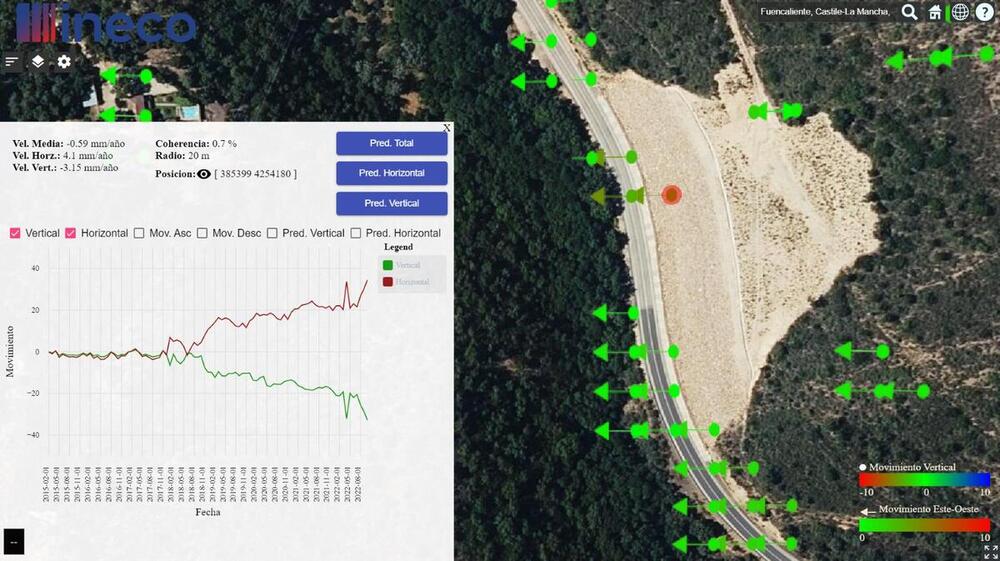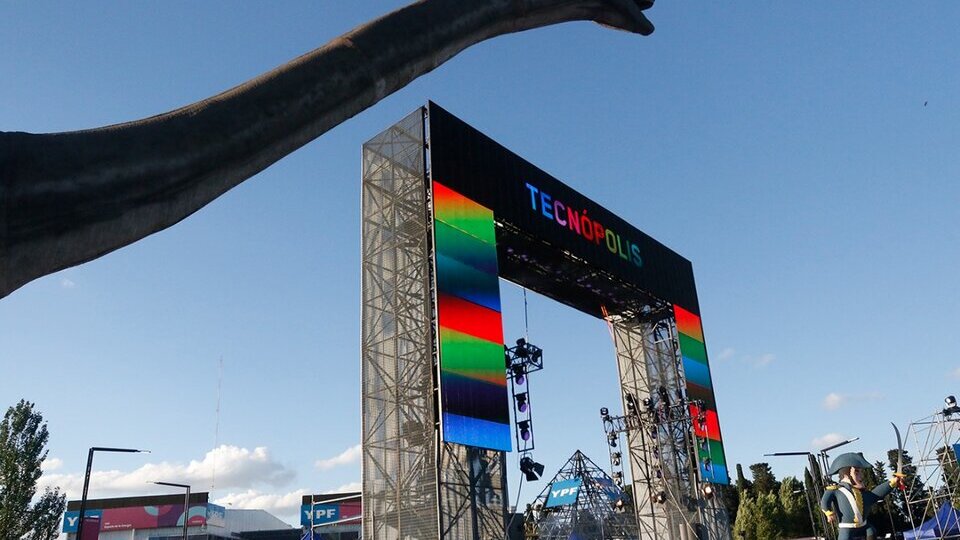Seville, November 30 (Europe Press) –
The Biomedical Institute of Seville (IBiS) started its first conference “IBiSiviliza la Ciencia”, a social project focused on bringing science closer to society and strengthening the integration of IBiS into society. This commitment translates into a series of events consisting of different days throughout the school year, “each day dedicated to a different disease.”
The first day, scheduled for December 1, will be dedicated to cancer, and is organized in collaboration with the CRIS Anti-Cancer Foundation, the Spanish Anti-Cancer Association (AECC), the Marco Luna Association and the Palmerina Anti-Cancer La Vida Association, and will be attended by representatives of the different IBIS research groups. Designated to study this disease, as detailed by the entity in a press release.
IBiS researchers Estefania García Guerrero and Carmen Salguero will share their research on innovative treatments, such as the revolutionary treatment known as CART-T, and advances in the study of Ewing’s sarcoma, respectively.
Throughout the day, research staff from the Hematology and Genetics area at IBiS will be available to engage in rich dialogue with the audience about new science, advances and challenges.
In the field of oncology and will also be able to interact with cancer associations and institutions.
In addition, visits will be made to the centre’s facilities, giving the public the opportunity to learn closely about the daily activities of the research, the processes involved and the resources used by IbiS.
To achieve your goals. At the same time, a roundtable will be held between associations, institutions, institutions and research staff to exchange projects and research and create cooperation for the future.
“The “IBiSiviliza la Ciencia” is more than just an event; it is a unique opportunity for the community to immerse themselves in the world of scientific research, understand the work done at IBiS and actively participate in the dialogue about the progress and challenges of the fight against cancer.
In this sense, “and committed to building bridges between science and society, this event will be an important step towards this goal.” These participatory conferences will make a difference in building a future in which science and society move together towards new horizons.





:quality(75)/cloudfront-us-east-1.images.arcpublishing.com/elcomercio/GE2TCNZNGAZS2MBWKQYDAORRGU.jpg)